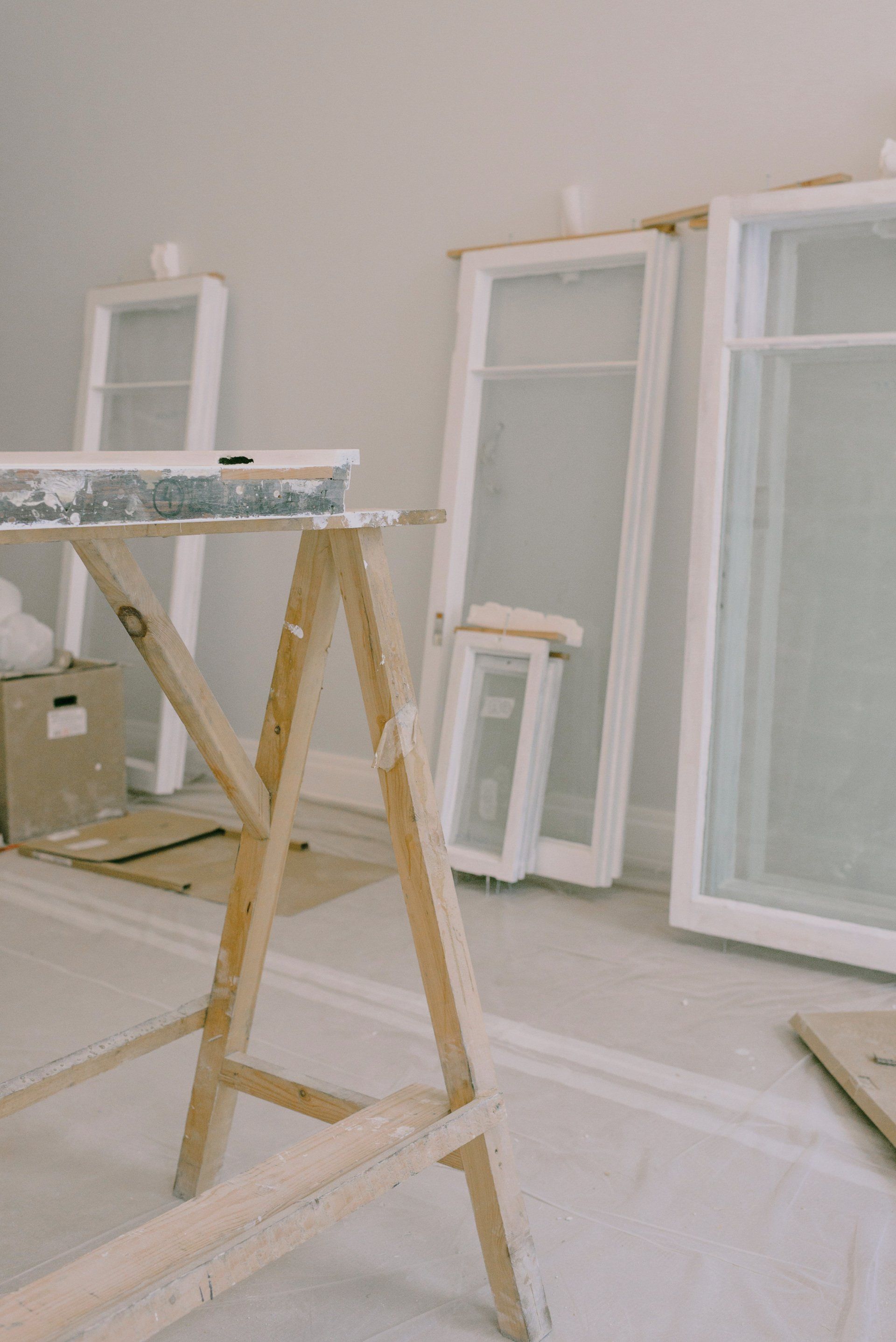Fix or Not
Should I Fix Up My House Before Selling?

You may need to answer a handful of questions before deciding what to repair or how much to spend on home repairs or renovations prior to putting your home on the market. The answers can help guide your decision making on home repairs or renovations:
- Is a repair required to obtain lender approval for the buyer’s mortgage?
- Will the buyer be willing to pay for those repairs?
- What’s the return on investment (ROI) for renovations or repairs?
- Will repairs or improvements help the home sell more quickly?
Mortgage companies are protective of their assets and don’t want to lend more money than a property is worth or money for a property that could suffer catastrophic damage in the near future without repairs. For example, a lender may not approve a loan for a home with a severely damaged or deteriorating roof. Whether the home seller will have to pay for roof repairs or replacement out of pocket or can negotiate partial or full payment from the buyer depends on how motivated the buyer is to purchase the home.
There are some situations, like if there’s a lack of local inventory or the home shopper is desperate to get a home with specific attributes or one in that exact location, where the buyer may be willing to accept the home as is and pay for repairs themselves.
If your home is in relatively decent condition and doesn’t require repairs in order to attract buyers or pass mortgage company inspections, it may not be in your best interest to fix up the house. The vast majority of renovations or home improvements have a negative ROI.
Some of the only exceptions include exterior modifications like entry doors, garage door and siding replacements or exterior painting. Even these improvements hover right around break-even according to national averages, and there’s no guarantee you will recoup the entirety of the expense through a higher home sale price.
Typically, if you can get away with selling the home as is, you’ll be better off doing so rather than sinking a lot of money into repairs.
Speed May Be a Factor
ROI isn’t necessarily the only consideration in discussions regarding whether to fix something or not. If there are many homes in better condition for sale in the area, you may become frustrated with the lack of interest being shown by home shoppers. Investing in repairs to make your home competitive with others on the market may be necessary, especially in a buyer’s market where you’re facing a lot of competition from other home sellers.
How Fixing Your Home May Influence Negotiations
Home sellers who spend a lot of money on expensive home improvements may become frustrated when they start negotiating with potential buyers. They might have spent a lot of money on a kitchen renovation, bathroom renovation, installing a new deck or expanding the master bedroom and are expecting their home sale price to increase based on the value they place on those home modifications.
Homebuyers have their own tastes and preferences. They might not like the granite countertops the home seller installed or aren’t willing to pay $10,000 more for a house with a deck because they could take or leave that feature and wouldn’t have paid for it themselves.
It’s often better to avoid these awkward and disappointing negotiations by simply not paying for these modifications in the first place. If the buyer wants a new kitchen, they should be the ones to choose the countertop material, cabinets, layout and appliances. It’s best for home sellers not to assume they know what future buyers value and will want.
If you do need to fix up your home, like repainting interior walls, it’s best to go with safe and neutral choices like white or a warm beige. These neutral shades can serve as a canvas for home shoppers and make it easier for them to envision their own personalization of the space if they were to buy. These types of aesthetic fixes can be helpful in making the home more attractive to buyers without costing a lot of money that you won’t recoup in the sale price.
Other low-cost fixes that might help your home sell more quickly include:
- Landscaping improvements like pulling weeds or trimming trees and bushes
- Patching holes in walls
- Steam cleaning carpets
- Deep cleaning, especially overlooked parts of your home like light fixtures, windows and baseboards
- Replacing broken or poorly operating fixtures (cabinet handles, faucets, light fixtures) with modern but low-cost alternatives
- Declutter and depersonalize prior to open houses or viewings
An Experienced Real Estate Agent Can Help
At 72SOLD, we’re committed to helping sellers maximize their home sale price more rapidly than other agencies and with less imposition and hassle. We strive to get exceptional offers in eight days or less without the weeks of open houses or intrusive tours. Our experts can provide advice on ways you can increase curb appeal without paying a lot out of pocket.







